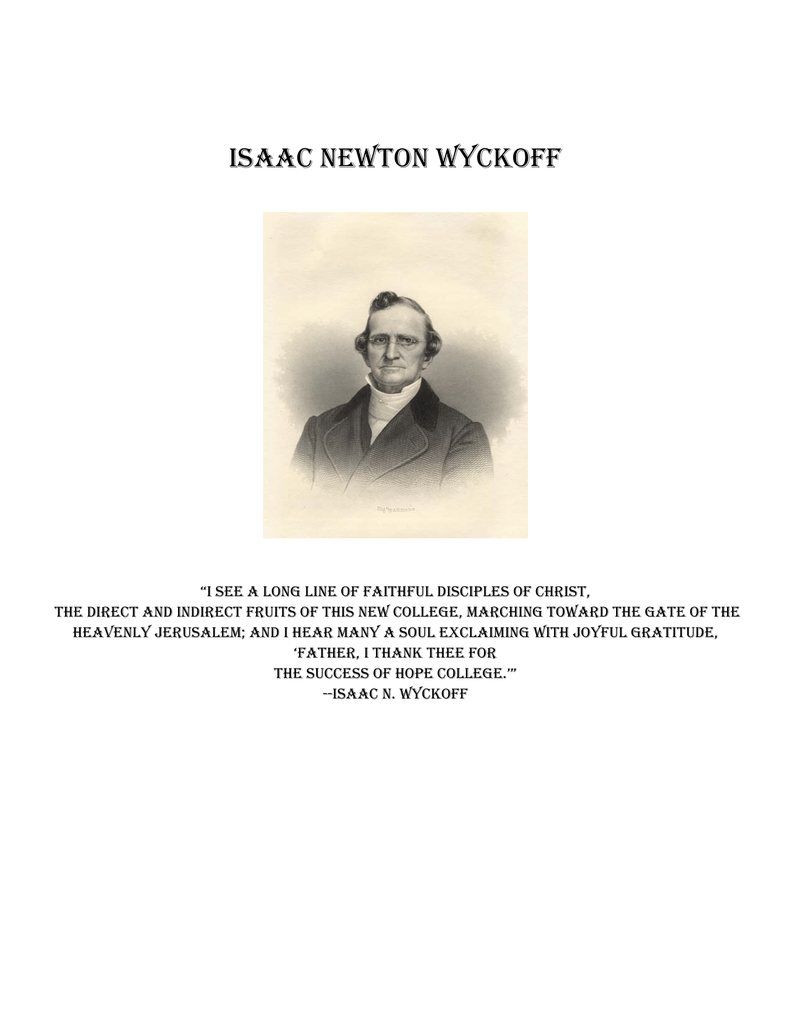

Christianson has sifted through the historical documents and accounts of Newton to paint a convincing and intelligent picture of the complex and at times irascible genius. "This is not just a great biography" - it's one of the best-written science books around for young people. "Filled with historic illustrations, including original notes and drawings by Newton and his contemporaries." - VOYA "Structured around pivotal moments in Newton's life, the book is an excellent reference for biographical data on the great English scientist in addition, it affords a fine historical perspective of the scientific revolution." - Science Books & Films If the 25 additional titles in The Oxford Portraits in Science series are as well done as this one, interested book lovers have some excellent reading ahead." - The Science Teacher "An excellent introduction to the life and times of Isaac Newton without difficult discussions of mathematics and classical physics that might bog down the average reader. "In an authoritative yet accessible style, Christianson chronicles both the significant and the seemingly insignificant" - yet critical These illustrated biographies combine accessible technical information with compelling personal stories to portray the scientists whose work has shaped our understanding of the natural world. Written by top scholars and writers, each biography examines the personality of its subject as well as the thought process leading to his or her discoveries. Oxford Portraits in Science is an on-going series of scientific biographies for young adults. Quarrelsome, quirky, and not above using his position to silence critics and further his own career, he was an authentic genius with all too human faults. This biography also allows us to see the personal side of Newton, whose life away from science was equally fascinating. After his return to Cambridge, Newton's genius was quickly recognized and his reputation forever established. Away from his colleagues and professors, Newton embarked on one of the greatest intellectual odysseys in the history of science: he began to formulate the law of universal gravitation, developed the calculus, and made revolutionary discoveries about the nature of light. In 1665, when an epidemic of the plague forced Cambridge University to close, Isaac Newton, then a young, undistinguished scholar, returned to his childhood home in rural England.

Oxford Research Encyclopedias: Global Public Health.The European Society of Cardiology Series.

Oxford Commentaries on International Law.


 0 kommentar(er)
0 kommentar(er)
